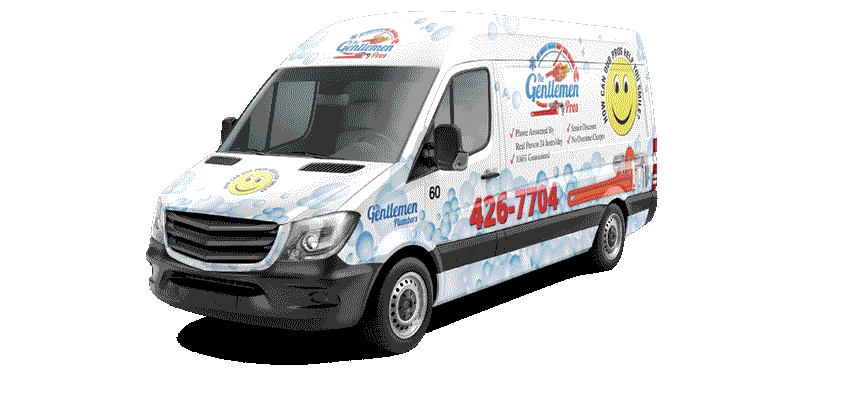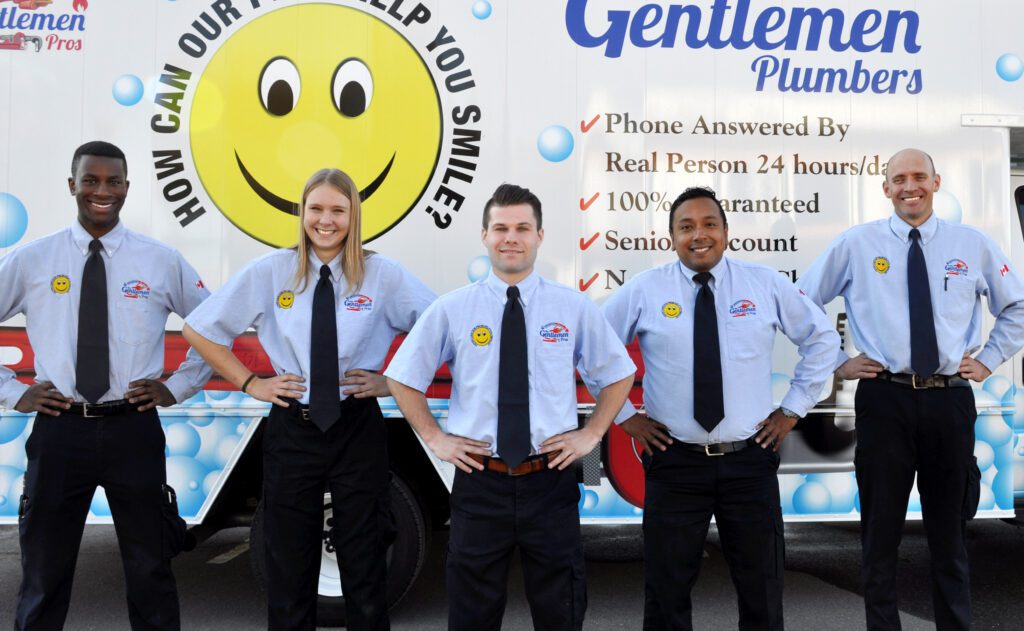
Same Day Service
Since 1992
Call The Gentleman Pros Now!
(403) 879-1759


Plumbing and heating emergencies are stressful!! But we are here to help you with our 24 hour service!
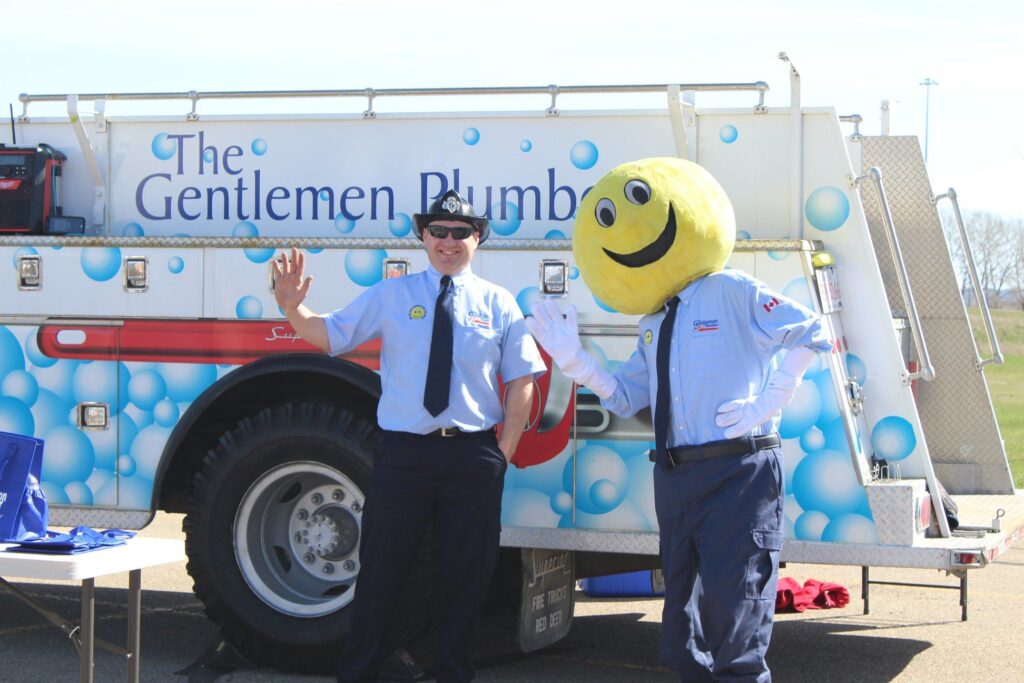
Plumbing and heating emergencies are stressful!! But we are here to help you!
Plumbing and heating emergencies don’t stop no matter what time it is. That’s why we have a real person answering the phone 24 hours a day.
Technicians are always on call, 24 hours, and ready to be dispatched in a major emergency. We offer emergency services to customers holding a membership with us.
Sadly, plumbing and heating emergencies are too common. Read on for instructions on what to do if you have any of the following emergencies:
A sewer backup is when wastewater that is leaving your home through your main sewer line returns back to your home.
Wastewater will return through the lowest point of entry. In Calgary, most likely wastewater will return through a basement floor drain or basement shower or bathtub.
Wastewater returns back to your home in a sewer backup because something is obstructing a main sewer line.
A drain clog is much different from a main sewer line backup because the drain clog only impacts the drain in that area.
The main sewer line is connected to every drain in your home. The main sewer line connects the drain pipes in your home to the city sewer lines.
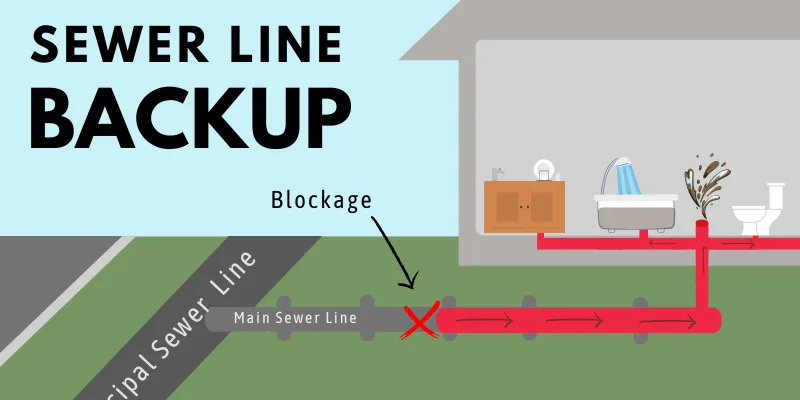
If you have a sewer backup, do not drain a sink, or bathtub, flush a toilet or run any appliance that uses water (washing machine, dishwasher).
Wastewater is trapped in your home, so adding to that wastewater will only add to the mess.
If there is a clog in the main drain preventing waste from leaving, it is imperative that it is cleared before any more water is drained.
Stop your toilet from overflowing in a few easy steps.
Most often your toilet is overflowing because there is a clog. Removing the clog will ensure that your toilet doesn’t continue to overflow and cause more damage or cleanup.
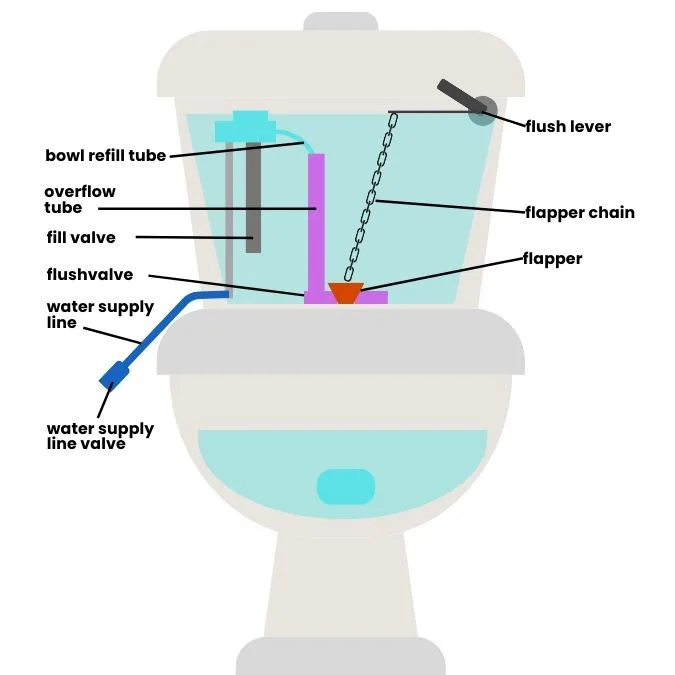
After preventing your toilet from overflowing, you may want to try to unclog your toilet.
Use a toilet plunger, or an accordion plunger to push the suction clog. (Plungers in the shape of a bell are designed for sinks, and are not ideal for toilets.)
Remove some water from the toilet bowl using a bucket, so that a plugger or toilet snake doesn’t displace the water causing it to overflow.
If that isn’t effective, try using a toilet auger sometimes called a toilet snake.
Call us, we can help!
There are a lot of things that can go wrong with your hot water heater.
Running out of hot water is usually unexpected and inconvenient.
If your hot water heater is continually filling and draining, find the water supply line and shut it off.
If your water heater is flooding your basement, find the supply line to the hot water tank, and shut it off.
There is a multitude of problems that an aging hot water heater can encounter. Schedule an appointment to diagnose and fix the problem or replace your hot water heater.
Alberta winters are notorious for unexpected temperature drops. Consequently, water pipes that are not properly insulated can freeze. Because freezing water expands, frozen pipes can expand and crack if water freezes.
Use a hair blow dryer or heat tape to warm pipes that are beginning to freeze, and haven’t burst.
When water freezes it can create tremendous pressure in the pipes. (Often pipes burst where the pressure finds a weak spot in the pipe.)
Turn off the main shut-off valve. You may need to turn off the electricity, depending on how big the water leak is.
After the main water shut-off valve has been turned off, open a faucet to relieve the water pressure.
Clean up the water, and create a system to catch the remaining water. Depending on the size of the leak, collecting the water in a bucket might work.
Turn up the heat and run fans to allow as much air circulation as possible.
Test your sump pump before heavy rainfall, or a snow melt or in anticipation of groundwater rising.
Do this by filling the pump with water and making sure the pump is actually pumping. (Be sure the sump pump barrel is plugged before filling.)
Another way to test your sump pump is to check the floats in the sump pump to ensure they are switching on the pump when the float rises. (Simply check this by lifting the float, to ensure it turns on and activates the motor.)
If you are in an emergency situation, and your sump pump is not working, water will still be diverted to the sump pump barrel. Remove the water that collects in the barrel using a bucket, dumping it at least 20 feet from your house.
